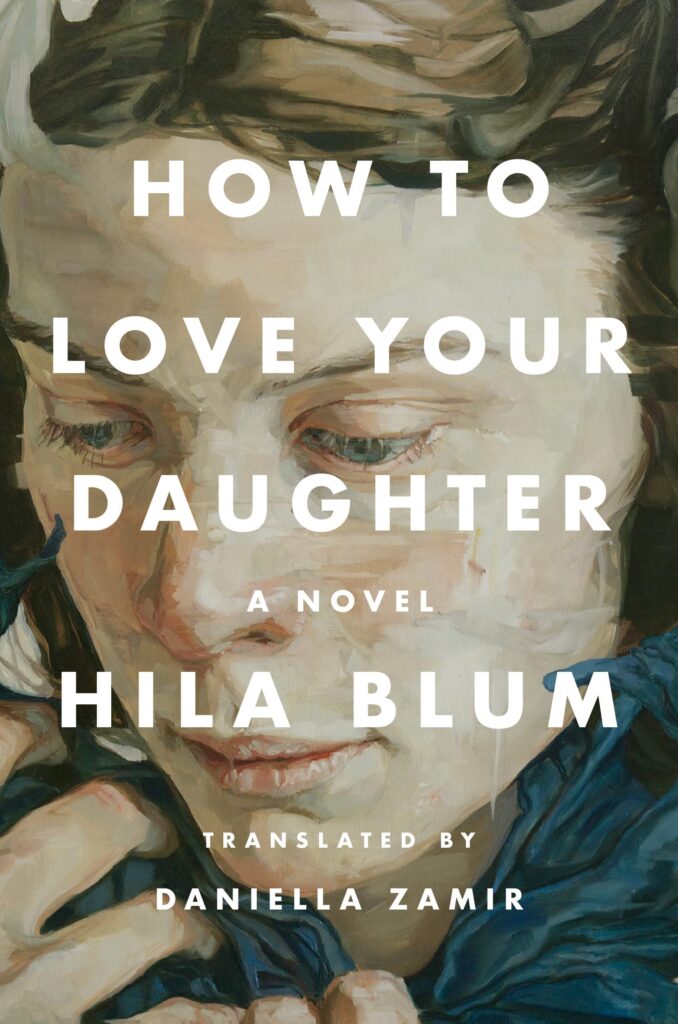
Translated from Hebrew by Daniella Zamir
As this short introspective novel opens, Yoella has come from Israel to Groningen in the Netherlands to stand outside her daughter Leah’s home. She does not approach the door. Instead she looks in at a window to see Leah with her husband and two children. It has been ten years since she has seen her beloved daughter, during which men would occasionally call her to say her daughter was safe but hiking in Nepal or some such place without phone connectivity. She has only just learned that it was all a lie. Leah, now 28, has been here all this time.
And because I was watching my daughter and her family without their knowledge, I was vulnerable to witnessing what wasn’t mine to witness.
Such a rift begins to seem impossible as Yoella describes her immense love for baby Leah. We are entirely in her mind, absorbing her memories and insights, with only a rare piece of dialogue or gesture recounted to indicate what Leah and Meir’s perspectives might be.
My love for my baby daughter came easily. Her father was also in love with her; we talked about her every night after she fell asleep, thanked each other for the gift that was our girl. Everything that I had been denied I gave to her, and then some. And she loved me too.
In a quiet, mesmerizing voice, Yoella moves back and forth in time, describing Leah’s perfect childhood—a star at school and in her ballet classes—and the tight bond between the two of them. Yoella’s husband Meir is older and busy with his work, yet he, too, adores the child. The two of them seem to have a special understanding.
The fractures appear as she begins to reveal tidbits from her own troubled childhood and the silences in her relationship with Meir. Woven into her thoughts are brief insights about mothers and daughters from the stories she’s reading by authors such as Anne Enright, Margaret Atwood, and Alice Munro.
I think we are supposed to be in suspense about the cause of their rift until near the end of the book. However, the suffocating nature of this woman’s all-consuming love for her daughter, made me want to run away from her almost from the beginning, and I’m not even related to her. She’s the kind of mother who follows her daughter everywhere, kisses her on the lips even as she’s leaving home at 18, and prefers to cuddle close and sleep in her daughter’s bed rather than her husband’s. She makes me appreciate my own mother’s distance.
The writing is lovely and the chapters very short; Yoella doesn’t linger in any fragment of memory for long. It becomes an interesting psychological portrait, as she reveals—perhaps without meaning to—the way she manipulates Leah, and the lies and evasions she uses to paper over the cracks in her life.
The mother-daughter relationship is an endless source of interesting variations. That this one came to feel to me like a horror story probably says more about me than the book. It certainly made me reflect on my life with my own mother and with my children. There are so many ways we can go wrong, so many ways we can inadvertently injure these vulnerable beings we are responsible for. Yoella says we are all “… survivors, everyone was given either too much or too little, life is always a long journey of healing from childhood.”
What story about mothers and daughters has moved you?